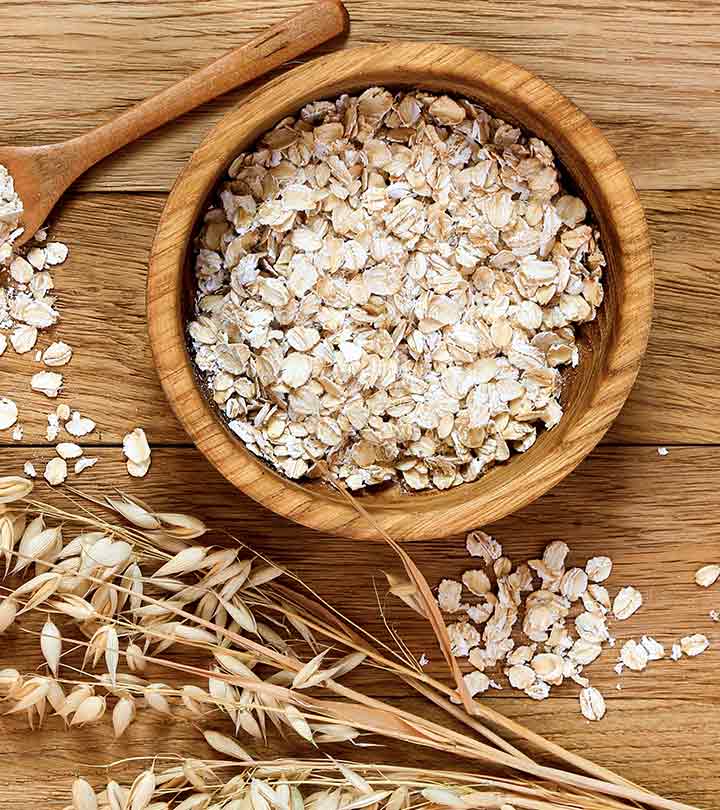Oats for Blood Sugar Control - New Research Explores Benefits for Prediabetes

Oats have long been lauded as a breakfast staple for their heart-healthy benefits and fiber content. But recent research suggests that incorporating oats into your diet might play a significant role in managing blood sugar levels, particularly for individuals at risk of developing type 2 diabetes.
Emerging Evidence: Oats and Prediabetes
Prediabetes is a condition where blood sugar levels are higher than normal, but not yet high enough to be diagnosed as type 2 diabetes. It's a serious health concern, affecting an estimated 88 million adults in the United States alone. The good news is that prediabetes can often be reversed with lifestyle changes, including diet and exercise.
This is where oats come in. A 2022 study published in the journal Nutrients investigated the impact of oat intake on individuals with prediabetes. The study found that consuming oats daily for 12 weeks led to significant improvements in fasting blood glucose levels and insulin sensitivity compared to a control group.
The Science Behind Oat's Blood Sugar Benefits
So, how do oats exert their blood sugar-lowering effects? Here's a breakdown:
1. High in Beta-Glucan Fiber
Oats are a rich source of beta-glucan, a type of soluble fiber that dissolves in water and forms a gel-like substance in the gut. This gel slows down the digestion and absorption of carbohydrates, preventing rapid spikes in blood sugar levels after meals.
2. Low Glycemic Index (GI)
The glycemic index (GI) measures how quickly a food raises blood sugar levels. Foods with a low GI are digested and absorbed slowly, resulting in a more gradual increase in blood sugar. Oats have a relatively low GI score, making them a smart choice for blood sugar management.
3. Improved Insulin Sensitivity
Insulin is a hormone that helps regulate blood sugar levels. When your body becomes resistant to insulin, it can lead to high blood sugar and eventually type 2 diabetes. Studies suggest that the beta-glucan in oats may improve insulin sensitivity, helping your body use insulin more effectively.
Incorporating Oats for Blood Sugar Control
The great thing about oats is their versatility. Here are some easy and delicious ways to include them in your diet:
- Start your day with a bowl of oatmeal. Add fresh berries, nuts, and seeds for extra flavor and nutrition.
- Use oats to make overnight oats, a convenient and healthy breakfast or snack option.
- Blend oats into smoothies for a boost of fiber and nutrients.
- Use oat flour in baking as a healthier alternative to refined flour.
- Add oats to savory dishes like soups and stews for added texture and nutrition.
Important Considerations
While oats can be a valuable addition to a blood sugar-friendly diet, it's important to keep in mind that:
- Not all oats are created equal. Choose steel-cut or rolled oats over instant varieties, which are often processed and higher in added sugars.
- Portion control is key. Even healthy foods can contribute to weight gain if consumed in excess.
- Individual responses to foods can vary. It's essential to monitor your blood sugar levels and consult with a healthcare professional or registered dietitian for personalized guidance.
Concluding Thoughts: A Promising Addition to a Healthy Lifestyle
The evidence is mounting that incorporating oats into your diet can offer significant benefits for blood sugar management, particularly for those at risk of or living with prediabetes. With their rich fiber content, low GI, and potential to improve insulin sensitivity, oats are a simple yet powerful tool to help keep your blood sugar levels in check. Combined with a healthy lifestyle that includes regular exercise and a balanced diet, oats can be a delicious and nutritious part of your journey towards better health.














Comments ()